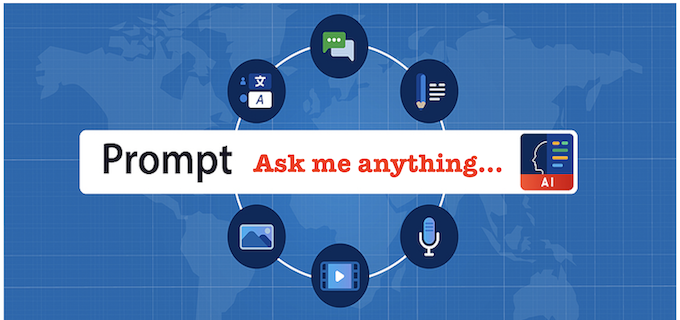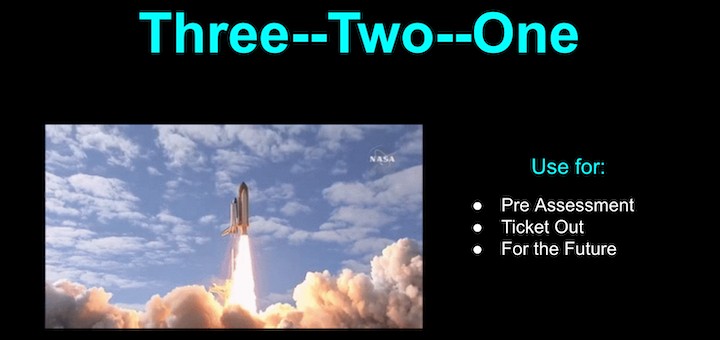Portrait of a Successful Middle School Student
Creating a well-rounded middle school student goes way beyond the textbook! Anne Jolly shares the core learning skills and life skills middle-schoolers need and invites teachers – especially STEM teachers – to take up the challenge to help students achieve their potential.



















